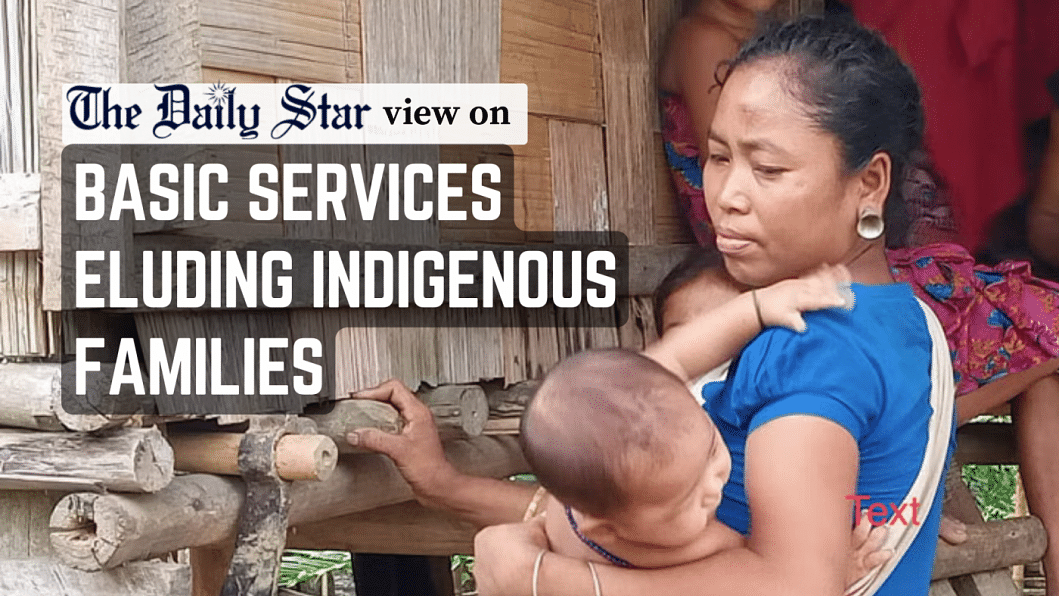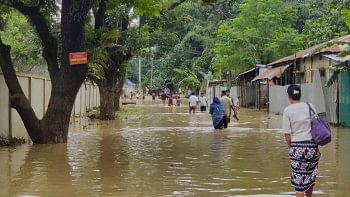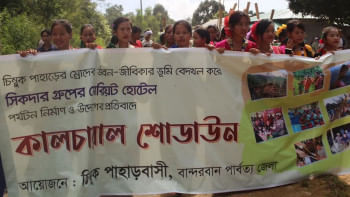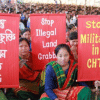Why are remote Bandarban villages being ignored?

It is shocking to know that around 300 families of Mro, Tripura and Marma communities in Bandarban's Thanchi upazila have no access to basic healthcare and education. It is as if they have been completely forgotten, with no signs of any change being initiated. According to a report by this daily, more than 2,000 people live in these remote villages, including around 250 children and adolescents. There are no government schools there, and health workers never visit them even during immunisation campaigns.
To say the lives of these people are precarious is an understatement. The question is, why have these legitimate citizens of the state been deprived of basic facilities? The only school in the 18 villages there is run by a non-government organisation, and that too, up to class 4. Which means most of the children don't go to school at all. It is also appalling that pregnant women have no access to prenatal care or even any basic healthcare service.
The level of apathy displayed by the administration is disconcerting. Some of the local public representatives have said that they would write to the authorities requesting visits by health workers. But what prevented them from doing so all these years? The Bandarban civil surgeon has mentioned a "special programme" under which health services would be provided and health workers would visit at least once in three months. This is hardly adequate to cover the needs of these communities. Another public official has also said that a primary school can be set up if anyone donates a piece of property. Does this mean that the government cannot set up a school until someone makes such a donation?
There are questions galore, but no satisfactory answers. We, therefore, urge the authorities to focus their attention on these remote villages. They must take immediate steps to establish functioning healthcare facilities there. Immunisation programmes and health education awareness campaigns also have to be brought to these areas. The government must also establish primary and secondary schools to make sure every child has access to education. These steps are also essential in other remote areas of Bandarban where the situation is similar. It is unacceptable that basic services should be inaccessible to some citizens just because they live in remote areas and are part of minority communities. Such discrimination goes against our constitution.


 For all latest news, follow The Daily Star's Google News channel.
For all latest news, follow The Daily Star's Google News channel. 










Comments